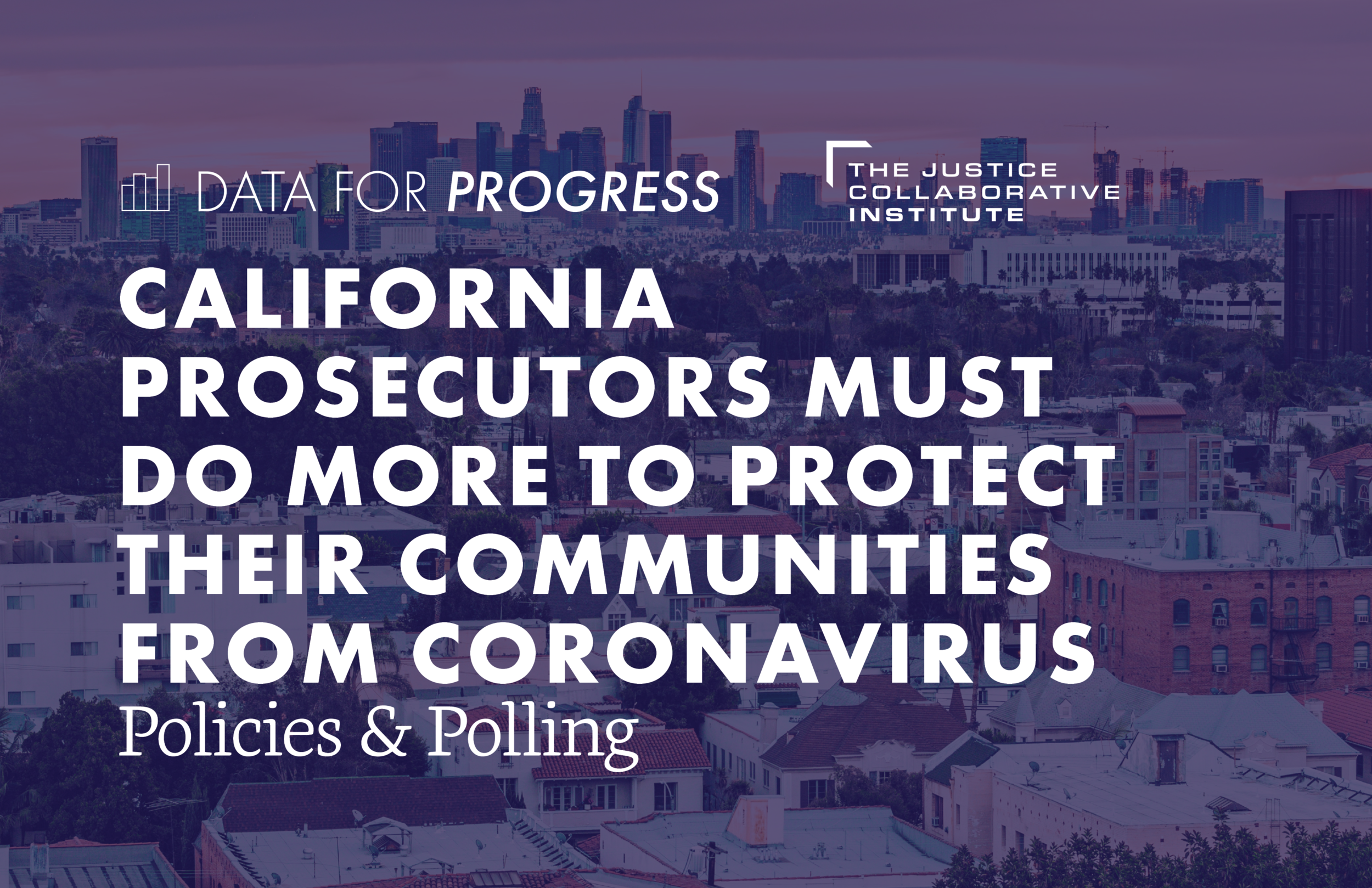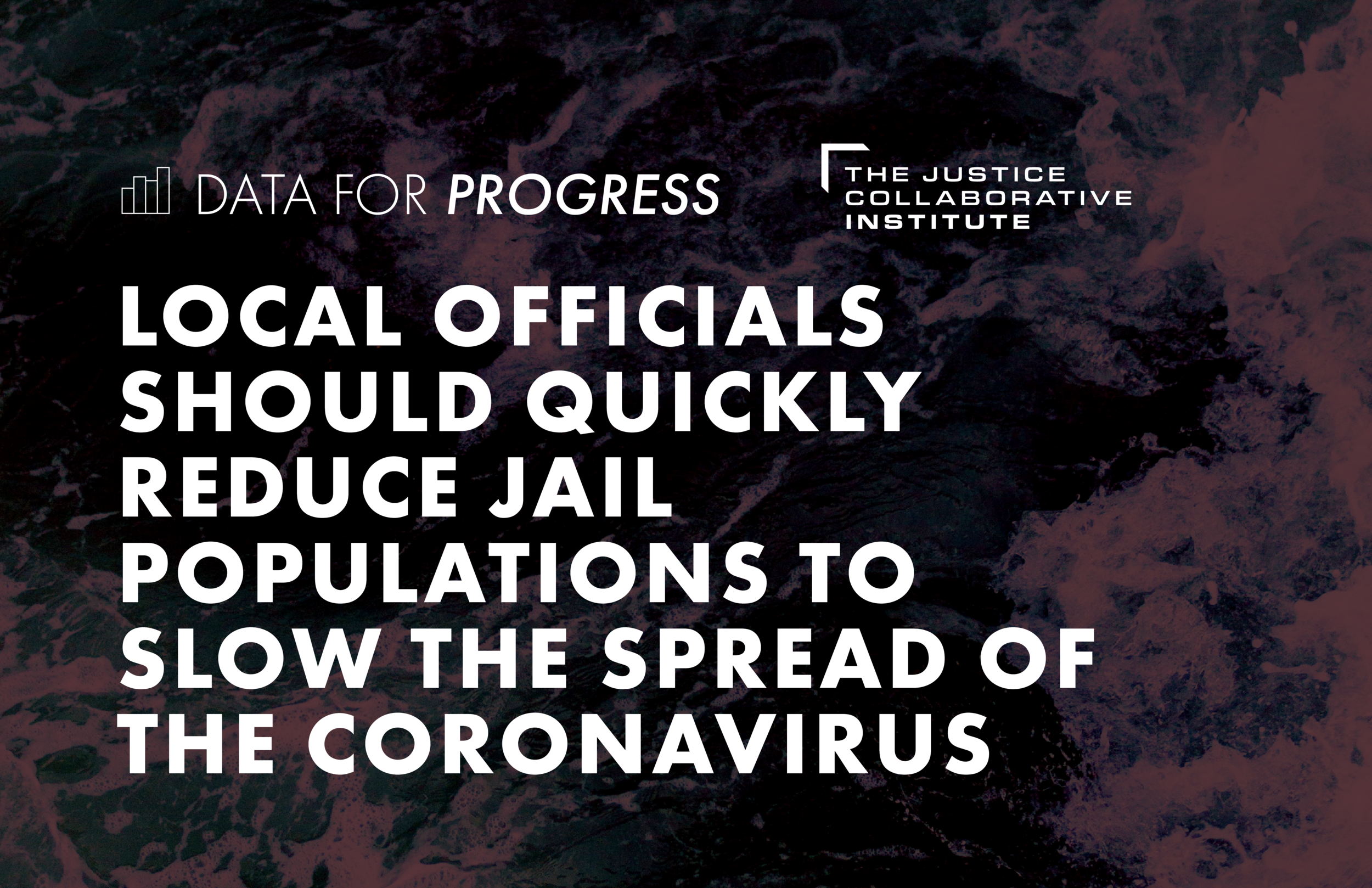The past month has presented the nation with a crisis, the scope of which is so immense that it has rippled out from the novel coronavirus itself, COVID-19, to create unprecedented effects on our economic system and the way we live our daily lives. At the same time, as the pandemic continues to unfold, our inherent interconnectedness—the shared vulnerability we all have at this moment—is forcing many people to reexamine the ways in which we live our lives and organize our society.
Read MoreWith millions of renters in a desperate situation, bold legislation to relieve renters is imperative.
Read MoreCalifornia has quickly become one of the epicenters for the coronavirus pandemic. To date, the state has one of the highest infection rates and over 500 deaths from the coronavirus. The Center for Disease Control currently predicts that the United States will see around 200,000 deaths even if citizens practice “social distancing,” which requires that people maintain six feet of distance from others.
Read MoreData for Progress ran a message test on different potential Democratic responses to Trump’s claims that he is doing a “great job” handling the coronavirus crisis, to determine which were the most effective.
Read MoreWhile office workers are figuring out Zoom calls and creating improvised desks, essential workers, defined as those performing work that may involve the safety of human life or the protection of property, are continuing to show up at their workplaces in order to keep grocery stores, hospitals, and other important services running.
Read MoreIn recent weeks, the humanitarian disaster that doctors and public health experts predicted has turned into reality: coronavirus has reached prisons and jails in California and across the country, sparking outbreaks that threaten the lives of incarcerated people, staff, and surrounding communities. California’s elected prosecutors—the district attorney in each county—are uniquely positioned to address this crisis.
Read MoreIf states are serious about preventing the spread of COVID-19, they must take immediate action to reduce the number of people in state prisons. While every state’s mechanisms will differ according to constitutional and statutory provisions, there are a number of actions that state actors – including governors – can take.
Read MoreNot leaving one’s home, or “shelter in place,” is the primary strategy to prevent the continued increase in coronavirus infection. In other words, safety from potentially deadly illness requires that people have homes, meaning that the harms generally associated with eviction or foreclosure are exponentially greater.
Read MoreThe economy is in free fall. The clearest indicator of this grim reality is the latest unemployment numbers: The United States Department of Labor registered 6.6 million initial unemployment claims for the week ending on March 28. This surpassed the previous record (3.3 million), which was set the week prior. This rapidly deteriorating situation is one that most voters are acutely aware of.
Read MoreIt is important for policymakers to understand the toll this is taking on the public, as well as noting the racial disparities that are being further exacerbated by this situation. And they need to act now because, through no fault of their own, millions of Americans have been laid off, had their hours reduced at their jobs or lost their health insurance.
Read MoreAcross the country and throughout the world, there has been wide recognition that reducing the number of people inside jails and prisons is critical to slowing the spread of the coronavirus—both within these facilities and in the general public. At stake is the health not only of incarcerated people, but of the correctional staff whose job requires interacting with them daily and in unavoidably close quarters.
Read MoreOn April 2, the National Juvenile Defender Center likewise issued a statement on the urgent need to halt new detentions and release all youth who can safely return home to their families or caregivers.
Read MoreAs the number of cases of COVID-19 in the United States continues to sharply increase, and as city, state, and federal officials take increasingly aggressive moves to contain the virus’s spread, it is critical to understand the significant role our nation’s more than 2,800 county jails may play in spreading the disease, not just within the facilities, but to vulnerable communities more broadly.
Read MoreAmidst the calls for “self-isolation,” thousands of immigrants are herded into detention facilities, which, for all intents and purposes, are prisons, where we know that the risk of infection is great. The solution to this crisis is simple: release people from detention and stop detaining people in the first place. But will the United States government rise to the call?
Read MoreDemocrats in Congress are now arguing additional measures need to be taken. Speaker of the House, Democrat Nancy Pelosi, described in an interview “a list of Democratic priorities, including increased protections and equipment for workers on the front lines of the coronavirus, expanded paid leave, a major new infrastructure investment and additional funds for state and local governments” she’d like to see tackled in additional legislation.
Read MoreIn 2016, Donald Trump won a narrow victory at least partly by persuading millions of voters who supported Barack Obama in 2012 to vote for him in 2016. Given the narrowness of the outcome, these swing voters were more than sufficient to win Trump the election. In 2020, however, it is Trump who must worry about losing some of his base of support.
Read MoreUnhoused populations are always vulnerable to health risks and disease, a vulnerability now heightened by the coronavirus epidemic and the spread of COVID-19. People without homes more often come into contact with potentially infected surfaces and people, and those in emergency shelters must congregate in tight spaces and share facilities like showers and laundry.
Read MoreGreen New Deal policies must help current and future farmers transition into agroecology and regenerative farming. One of the major long-term solutions is securing access to affordable, high quality farmland, as accessibility to land is the greatest barrier to new farmers’ entry and success.
Read MoreThe United States is now facing two interconnected crises. The first is the coronavirus (COVID-19) pandemic. The outbreak is spreading rapidly. The second crisis is economic. As businesses shutter, the ranks of the unemployed are swelling. The stock market has tumbled precipitously, and GDP is projected to contract sharply. President Trump and the Republicans in Congress have done little to combat either crisis.
Read MoreThe American economy is collapsing. Goldman Sachs is projecting negative 24 percent GDP growth in Q2. The Saint Louis Fed Chair says unemployment might hit 30 percent. The time for action is now.
Read More



















